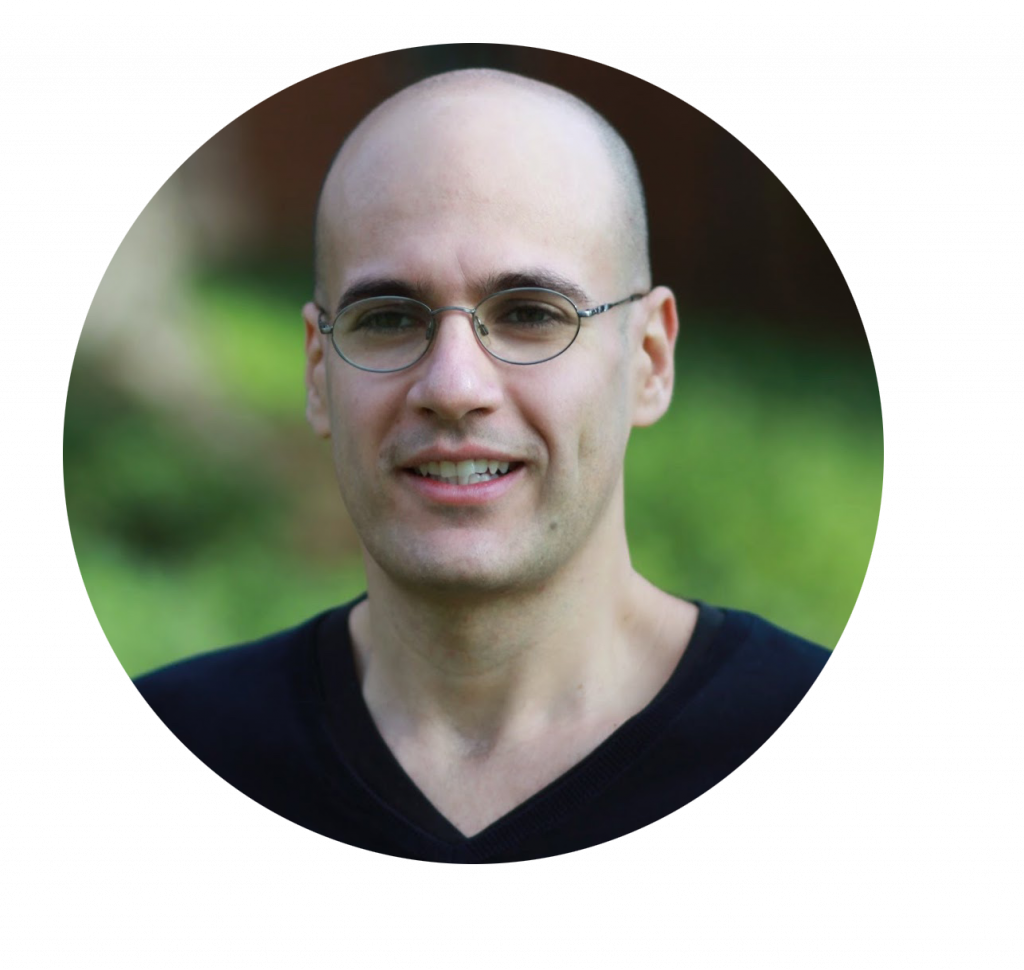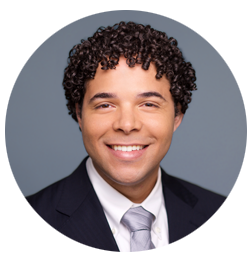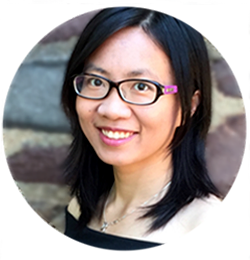Columbia Engineers Use Psychology, Physics, and Geometry to Make Robots More Intelligent
Columbia computer scientists work with the Toyota Research Institute to make advanced home robots a reality.
Columbia computer scientists work with the Toyota Research Institute to make advanced home robots a reality.
Roboticist’s proposed framework to enable robots to learn on their own and adapt to new environments could revolutionize everything from home service robots to emergency response systems.
The J.P. Morgan AI Research Awards 2021 partners with research thinkers across artificial intelligence.
Assistant Professor Shuran Song has won a 2021 Microsoft Research Faculty Fellowship. The fellowship recognizes innovative, promising new faculty whose exceptional talent for innovation identifies them as emerging leaders in their fields.
Faculty from the department have been named recipients of the 2020 Amazon Research Awards.
Shuran Song and Carl Vondrick are among the awardees chosen for their artificial intelligence (AI) research. The program aims to use AI for societal good.
Professors Shuran Song, Steve Feiner, and Matei Ciocarlie are developing a novel platform to enable factory workers to work remotely.
Elias Bareinboim, Brian Smith, and Shuran Song join the department.

Elias Bareinboim
Associate Professor, Computer Science
Director, Causal Artificial Intelligence Lab
Member, Data Science Institute
PhD, Computer Science, University of California, Los Angeles (UCLA), 2014
BS & MS, Computer Science, Federal University of Rio de Janeiro (UFRJ), 2007
Elias Bareinboim’s research focuses on causal and counterfactual inference and its application to data-driven fields in the health and social sciences as well as artificial intelligence and machine learning. His work was the first to propose a general solution to the problem of “causal data fusion,” providing practical methods for combining datasets generated under heterogeneous experimental conditions and plagued with various biases. This theory and methods constitute an integral part of the discipline called “causal data science,” which is a principled and systematic way of performing data analysis with the goal of inferring cause and effect relationships.
More recently, Bareinboim has been investigating how causal inference can help to improve decision-making in complex systems (including classic reinforcement learning settings), and also how to construct human-friendly explanations for large-scale societal problems, including fairness analysis in automated systems.
Bareinboim is the recipient of the NSF Faculty Early Career Development (CAREER) Award, IEEE AI’s 10 to Watch, and a number of best paper awards. Later this year, he will be teaching a causal inference class intended to train the next generation of causal inference researchers and data scientists. Bareinboim directs the Causal Artificial Intelligence Lab, which currently has open positions for Ph.D. students and Postdoctoral scholars.

Brian Smith
Assistant Professor
PhD, Computer Science, Columbia University, 2018
MPhil, Computer Science, Columbia University, 2015
MS, Computer Science, Columbia University, 2011
BS, Computer Science, Columbia University, 2009
Brian Smith’s interests lie in human-computer interaction (HCI) and creating computers that can help people better experience the world. His past research on video games for the visually impaired was featured in Quartz, TechCrunch, the Huffington Post, among others.
Smith has spent the last year at Snap Research (Snap is best known for Snapchat) developing new concepts in human–computer interaction (HCI), games, social computing, and augmented reality. He will continue to work on projects with Snap while at Columbia.
He comes back to the department as an assistant professor and is set to teach a class on user interface design this fall. That class had a waitlist of 235 students hoping to be part of the class. Smith shared that back when he was a student, there were only 35 students in the class he was enrolled in. “There is definitely more interest in computer science now compared to even five years ago,” he said.
Smith hopes to start a HCI group and is looking for PhD students. He encourages students from underrepresented groups to apply.

Shuran Song
Assistant Professor
PhD, Computer Science, Princeton University, 2018
MS, Computer Science, Princeton University, 2015
BEng, Computer Engineering, Hong Kong University of Science and Technology, 2013
Shuran Song is interested in artificial intelligence with an emphasis on computer vision and robotics. The goal of her research is to enable machines to perceive and understand their environment in a way that allows them to intelligently operate and assist people in the physical world.
Previously, Song worked at Google Brain Robotics as a researcher and developed TossingBot, a robot that learns to how to accurately throw arbitrary objects through self-supervised learning.
This fall, she is teaching a seminar class on robot learning. Song currently has one PhD student who is working on active perception — enabling robots to learn from their interactions with the physical world, and autonomously acquire the perception and manipulation skills necessary to execute complex tasks. She is looking for more students who are interested in machine learning for vision and robotics.
Find open faculty positions here.
President Bollinger announced that Columbia University along with many other academic institutions (sixteen, including all Ivy League universities) filed an amicus brief in the U.S. District Court for the Eastern District of New York challenging the Executive Order regarding immigrants from seven designated countries and refugees. Among other things, the brief asserts that “safety and security concerns can be addressed in a manner that is consistent with the values America has always stood for, including the free flow of ideas and people across borders and the welcoming of immigrants to our universities.”
This recent action provides a moment for us to collectively reflect on our community within Columbia Engineering and the importance of our commitment to maintaining an open and welcoming community for all students, faculty, researchers and administrative staff. As a School of Engineering and Applied Science, we are fortunate to attract students and faculty from diverse backgrounds, from across the country, and from around the world. It is a great benefit to be able to gather engineers and scientists of so many different perspectives and talents – all with a commitment to learning, a focus on pushing the frontiers of knowledge and discovery, and with a passion for translating our work to impact humanity.
I am proud of our community, and wish to take this opportunity to reinforce our collective commitment to maintaining an open and collegial environment. We are fortunate to have the privilege to learn from one another, and to study, work, and live together in such a dynamic and vibrant place as Columbia.
Sincerely,
Mary C. Boyce
Dean of Engineering
Morris A. and Alma Schapiro Professor